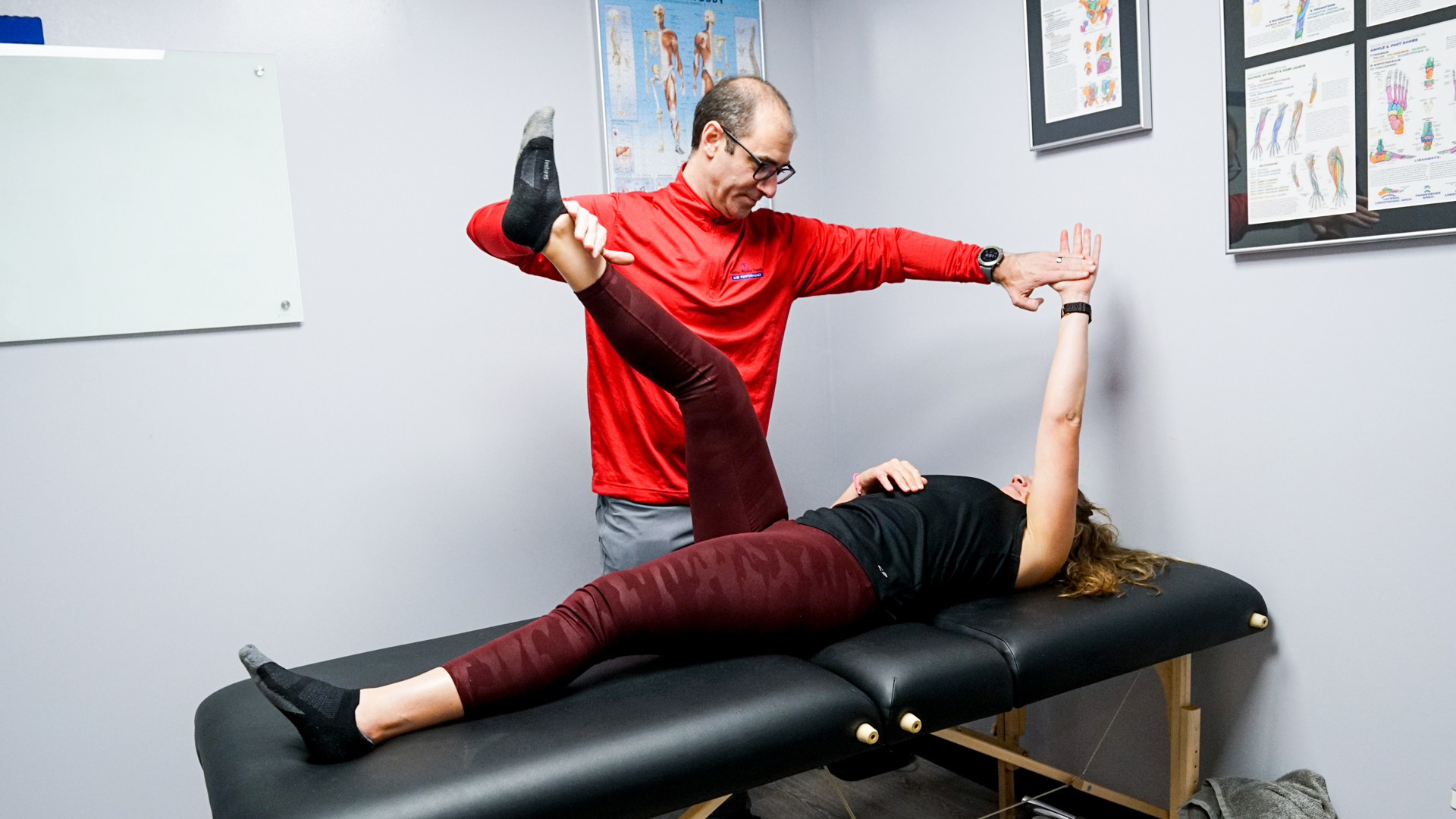Building Psychological Strength to Optimize Results in Physical Rehabilitation
Wiki Article
Cognitive fortitude is an crucial attribute that can greatly elevate results in athletic treatment. Athletes often grapple with setbacks that involve time away from their activity, which can be both somatically and emotionally straining. Mental resilience refers to the ability to remain grounded and optimistic in the face of adversity. It helps players manage the strain of healing, stay committed on their goals, and maintain determination throughout the rehabilitation process. By developing psychological strength, athletes can optimize their recovery experience and return to their sport more capable than before.

An key aspect of building psychological strength is setting realistic goals. When individuals are injured, it is important for them to have well-defined, achievable benchmarks during their rehabilitation. These goals should be precise, measurable, realistic, relevant, and time-specific (actionable) principles. For example, instead of saying “I hope to heal quicklyâ€, an athlete might set a goal like “I aim to do my rehab sessions thrice weekly for the next monthâ€. This helps recovering individuals assess their progress and keep their attention on what they can manage, reducing feelings of disappointment or negativity.
Another key factor in developing mental resilience is maintaining a uplifting mindset. Athletes should practice affirmative thinking and visualization techniques to foster a constructive mental environment. Self-reinforcing language involves replacing limiting thoughts with affirming statements. For instance, instead of thinking “This is too hardâ€, an athlete could tell themselves “I’m see here now getting stronger with every stepâ€. Visualization can also be effective; individuals can imagine themselves performing well in their sport as they heal. These practices help build confidence and reinforce the belief that healing is possible.
Supportive relationships play a critical role in fostering psychological strength during recovery. Individuals should surround themselves with motivating friends, loved ones, mentors, and medical professionals who understand the demands of healing. Honest conversations with these support figures allows patients to express their feelings, worries, and frustrations. Additionally, sharing experiences with other recovering peers can provide a sense of belonging and connection that makes the journey easier. Knowing others have faced similar obstacles can encourage hope and motivate athletes to push through.
Lastly, mindfulness practices can greatly improve an athlete’s psychological well-being during recovery. Present-moment focus involves being attentive of one’s thoughts and emotions without criticism. Practices such as guided mindfulness, controlled breathing, or restorative stretching can help athletes manage anxiety and stress related to their healing process. By incorporating these techniques into their regular habits, patients learn to stay focused and focused on their recovery process, rather than dwelling on what they have informative post lost during their time off from competition. This method promotes psychological balance and encourages a more positive attitude towards rehabilitation.